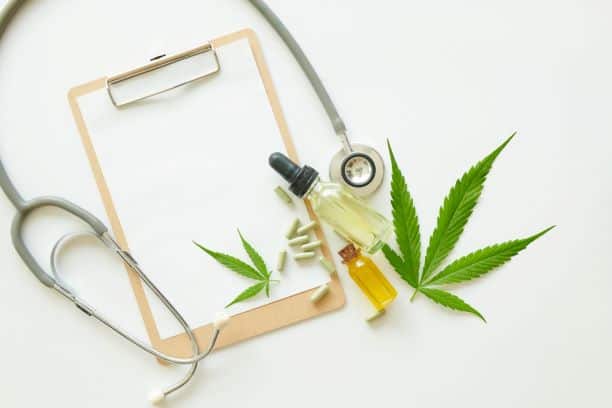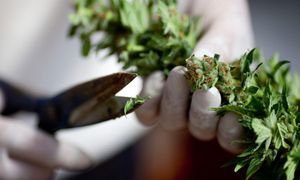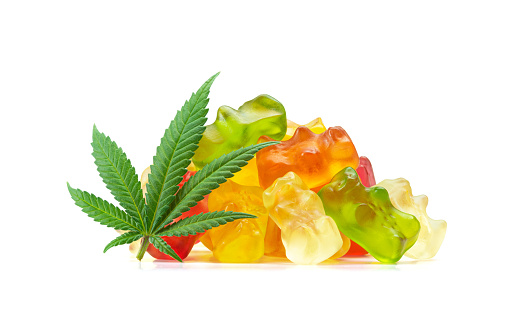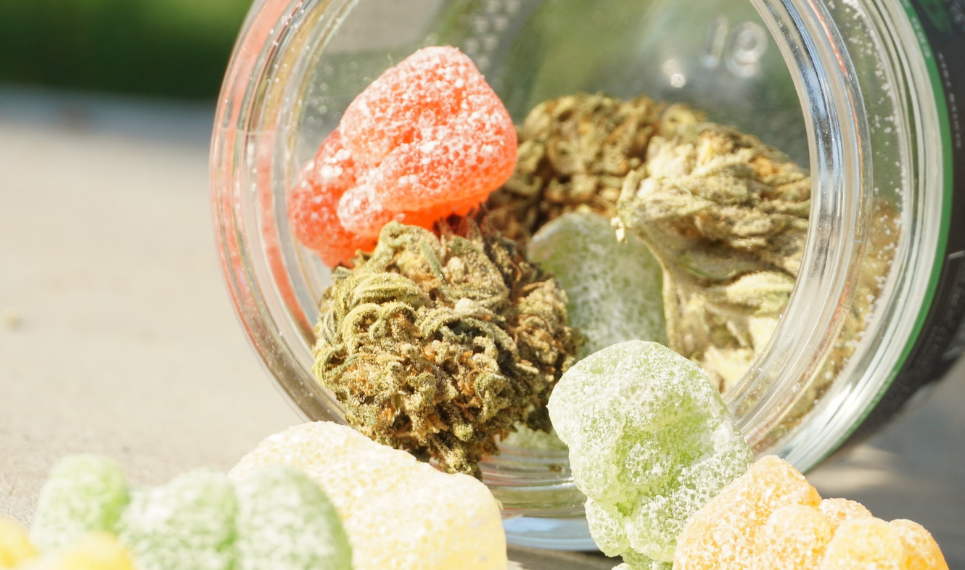As marijuana legalization gains more traction around the world, there is a growing interest in the different benefits and effects of cannabis compounds. Delta-8 and delta-9 are two of the most well-known cannabinoids found in cannabis. Although both have similarities, they also have some key differences that make them distinct from each other.
Delta-8 and Delta-9: An Introduction
Cannabinoids are compounds that naturally occur in the cannabis plant. Delta-9 is the primary psychoactive component of marijuana and the more popular of the two. On the other hand, delta-8 is a minor cannabinoid that is found in small amounts in the plant. Both compounds have been studied for their potential health benefits, including pain relief, anxiety reduction, and anti-inflammatory effects.
Chemical Differences between Delta-8 and Delta-9
One significant difference between delta-8 and delta-9 is their chemical structure. Delta-9 has a double bond on the ninth carbon atom in its structure, while delta-8 has a double bond on the eighth carbon atom. This difference gives them slightly different properties and is responsible for the different effects they produce.
Delta-8 Edibles vs. Delta-9 Edibles
One of the most common ways to consume cannabis is through edibles, and both delta-8 and delta-9 are available in this form. Delta-8 edibles tend to produce a milder high than delta-9 edibles because delta-8 is less psychoactive than delta-9.
Delta-8 edibles are also known for their ability to produce a clear-headed, focused high. This makes them an excellent choice for people who want to enjoy the benefits of cannabis without feeling too impaired. In contrast, delta-9 edibles can produce a more intense high, which may be too much for some users.
Delta-8 Edibles Effects
Delta-8 edibles produce effects similar to those produced by delta-9 edibles, although they tend to be milder. They can produce feelings of euphoria, relaxation, and increased appetite, similar to delta-9 edibles. However, delta-8 edibles are less likely to cause negative side effects such as dry mouth, red eyes, and paranoia.
Overall, delta-8 edibles are an excellent option for people who want to experience the benefits of cannabis without feeling too impaired. They are also a good choice for those who are looking for a more focused, clear-headed high.
Delta-9 Edibles Effects
Delta-9 edibles produce similar effects to delta-8 edibles, but they tend to be more intense. These effects include feelings of euphoria, relaxation, and increased appetite. Delta-9 edibles can also cause negative side effects such as dry mouth, red eyes, and paranoia.
Overall, delta-9 edibles are an excellent option for people who want a more intense high and are comfortable with the psychoactive effects of marijuana.
Choosing between Delta-8 and Delta-9 Edibles
When choosing between delta-8 and delta-9 edibles, it is crucial to consider your personal preferences and tolerance level. Both types of edibles can produce similar effects, such as feelings of euphoria and relaxation, as well as negative side effects. If you are new to cannabis or prefer a more focused, clear-headed high, delta-8 edibles might be the best option for you. However, if you are comfortable with the psychoactive effects of marijuana and want a more intense high, delta-9 edibles may be a better choice.
Conclusion:
In conclusion, delta-8 and delta-9 are two cannabinoids that offer unique benefits and effects when consumed as edibles. While delta-8 edibles produce a milder, more focused high, delta-9 edibles are more psychoactive and can produce a more intense high. It is important to consider personal preferences and tolerance levels when choosing between the two. Both types of edibles can produce similar effects, such as feelings of euphoria and relaxation, as well as negative side effects such as dry mouth, red eyes, and paranoia. As marijuana becomes more widely legalized, it is important for consumers to understand the differences between various cannabis compounds to make informed decisions about their use.




